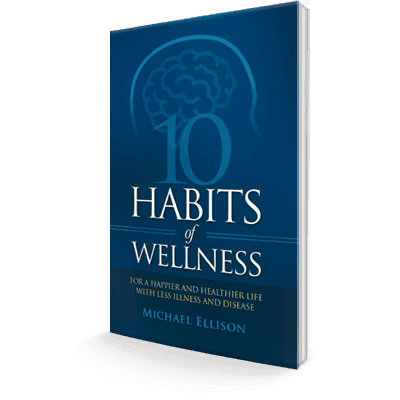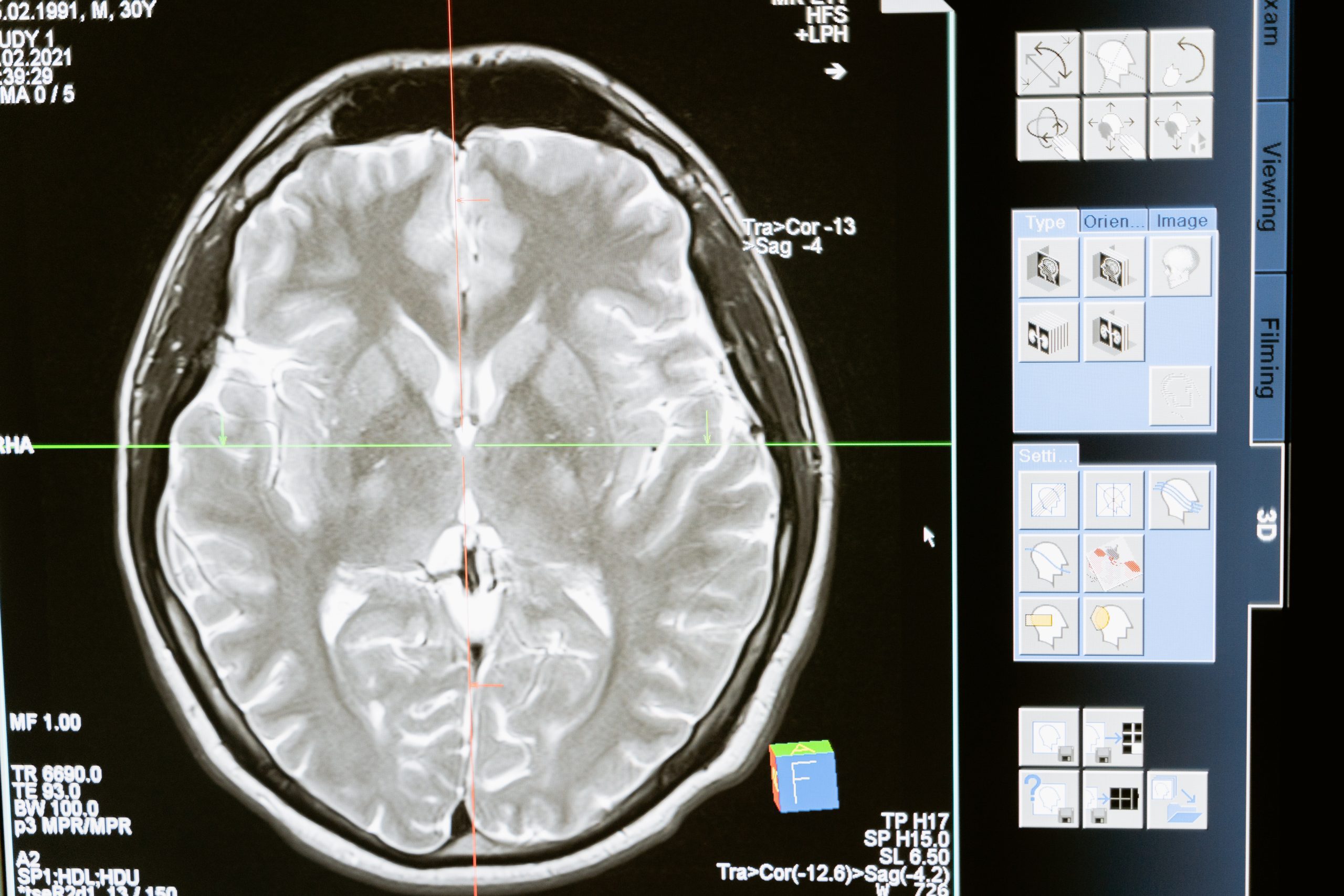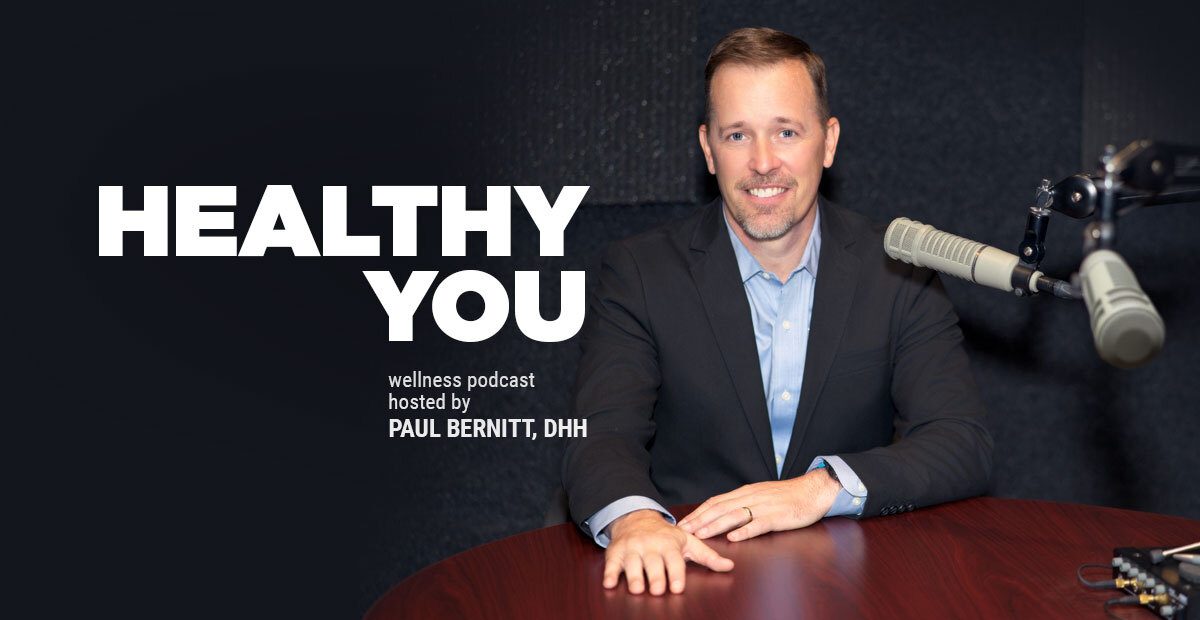Sleep deprivation is a very real problem in modern society, affecting millions of Americans every year. Although occasional changes in sleep are common and mostly harmless, chronic sleep disturbance and sleep deprivation have serious side effects.
Sleep Loss Impairs Judgement
Sleep deprivation inhibits your ability to make sound and thoughtful judgments. This is mostly because a tired individual is less likely (or able) to fully and accurately assess situations and act on them wisely. Just one sleepless night can impair performance and judgment as much as a blood alcohol level of 0.10 percent, which is beyond the legal limit to drive. And similarly to alcohol, sleep deprivation makes it more difficult to accurately assess how impaired you actually are when you’re tired.
Sleep Deprivation Affects Your Mental Health
Mental health and sleep are closely connected although researchers aren’t exactly sure how. The overlap between mental health disorders and sleep disorders is so pronounced that researchers suspect both types of conditions share common biological roots. Studies in both children and adults suggest that sleep problems may increase the risk for, and even directly contribute to, the development of some psychiatric disorders including depression, bipolar disorder, and anxiety disorders. One longitudinal study of approximately 1,000 adults ages 21 to 30 found that compared with normal sleepers, those who reported a history of insomnia during their first interview were four times more likely to develop major depression by their second interview three years later.
Lack of Sleep May Increase Your Risk of Death
In the “Whitehall II Study,” researchers from the University of Warwick and University College London, found that a lack of sleep can more than double your risk of death from cardiovascular disease. The study looked at the sleep patterns of a group of 10,308 civil servants and found that those who cut their sleep from 7 hours per night to 5 hours or less faced a 1.7 fold increased risk in mortality from all causes and doubled the increased risk of death from cardiovascular disease.

Losing Sleep Can Lead to Serious Health Issues
Chronic sleep loss can adversely affect your health and hinder your daily function and productivity. While short-term sleep deprivation can affect your memory, productivity, alertness, and energy, long-term sleep loss has more serious consequences. Regular lack of sleep is associated with an increased risk of developing certain chronic conditions such as:
- Diabetes and impaired glucose sensitivity
- Heart disease
- High blood pressure
- Metabolic changes, including obesity and hormonal imbalances
Easy Ways to Improve Your Sleep
Getting enough sleep is important, but it’s not just the duration that matters. The quality of your sleep is also essential to feeling your best. There are several ways to improve the time spent asleep and the quality of your rest.
- Maintain a regular sleep routine. Go to bed at the same time each night and wake up at the time every morning – even on weekends and holidays.
- Avoid caffeine late in the day. The effects of caffeine can last for several hours and may make it difficult for you to fall or stay asleep.
- Don’t watch TV in bed. Having a TV in your bedroom can keep you later than you intended and/or disrupt your sleep cycles.
- Exercise regularly. Regular physical activity promotes healthy sleep cycles, but rigorous exercise or activity should be avoided before bedtime.
Want to improve your sleep naturally?
Listen to the Healthy You podcast episode featuring sleep expert Dr. Daniel Gartenberg











